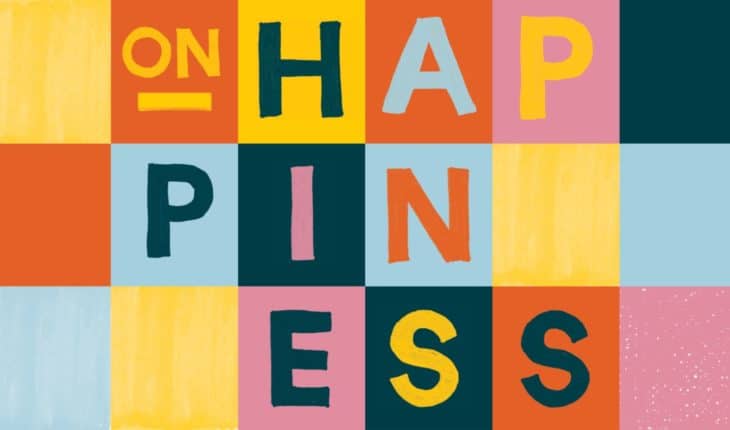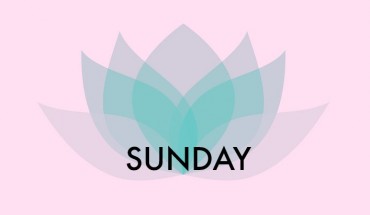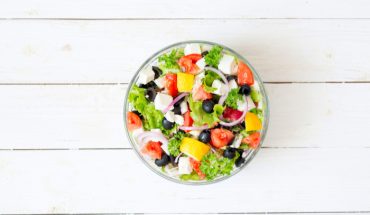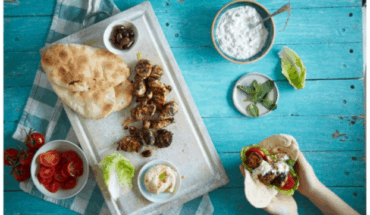Rebecca Wallersteiner looks at On Happiness, two concurrent new exhibitions at Wellcome Collection, London from July ‘21 which explore ways in which people can navigate the complexity of feelings and find joy and happiness under duress.
It is a man’s own mind, not his enemy or foe that lures him to evil ways. We are shaped by our thoughts; we become what we think. When the mind is pure, joy follows like a shadow that never leaves. … Your worst enemy cannot harm you as much as your own unguarded thoughts. – Buddha
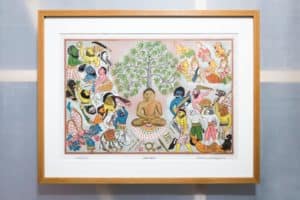
Budha, The Wellcome Collection
In this time of uncertainty, with floods and fires and fears about the pandemic and rising levels of anxiety and depression worldwide, Wellcome Collection’s new series of free exhibitions explore the way in which people can find joy and happiness at times of duress. On Happiness is a season of events, activities and two new exhibitions – Joy and Tranquillity which celebrate the complexity of positive emotions and examine what links our emotional and physical health and how in difficult times joy can help us deal with adversity.
Laurie Britton Newell and George Vasey, the exhibition’s co-curators comment: “As curators how do you tackle one of life’s most elusive and slippery concepts? Ideas about happiness change across cultures and history and are not universally felt or understood. But one certainty which has underpinned all of our research, is that everyone wants to feel good. We have been developing this project at a time of tremendous difficulty and uncertainty and it has become increasingly important to think about how we might reclaim happiness and make it fit for purpose now. The exhibitions will invite artists, scientists and our audiences to reflect on what makes us tranquil and what brings us joy.”
At the heart of the On Happiness season will be the concurrent exhibitions Joy and Tranquillity which will consider different routes to experiencing these positive feelings. From the uplifting sensations of dancing and laughter to the calm of being in nature and diary writing, the exhibitions will consider the effects of emotion on our self and others.
Newly commissioned works and multi-sensory installations by contemporary artists including Jasleen Kaur, Chrystel Lebas, Harold Offeh, Amalia Pica, Stefanie Posavec and David Shrigley will be on display alongside historic objects dating back to the 15th century from Wellcome’s collection. The exhibitions will consider ideas from different schools of thought including neuroscience, religion and psychotherapy offering a range of perspectives on the connections between emotions and health.
Fans of forest bathing shouldn’t miss seeing Chrystel Leba’s immersive installation of photographs of ancient forests with gnarled, atmospheric trees as the sound of a brook burbles by. If you don’t have the time to go to a forest (especially with so many trains cancelled owing to rail staff self-isolating) visiting the exhibition allows you to experience calm and tranquillity during your hospital lunch hour, without the stress of travel.
Upstairs, the Joy exhibition examines ideas of religious and spiritual ecstasy with old illustrations of whirling dervishes and holi celebrations. David Shrigley meditates on death and renewal with his drawings of skulls and Harold Offeh’s dancers in yellow abandon themselves in rhythm and movement.
Every day, we all face setbacks, problems and frustrations that can make it difficult to enjoy and maintain genuine happiness and equilibrium. And even in good times, we know that happiness can be fleeting. There are also times when life throws us an upsetting ball – an accident, a burglary, or a relationship break-up. These can be useful if you are creative.
For hundreds of years it has not been fashionable for artists and musicians to be inspired by happiness. Think of countless sad songs about relationship breakup and misery such as Leonard Cohen’s So Long, Marianne or Hey, That’s No Way to Say Goodbye. Also artist Francis Bacon’s brilliant, nightmarish paintings of Screaming Popes influenced by the anxiety and destruction of two World Wars and other horrors of the twentieth century. Poets Keats, Byron and Shelley all died young from disease or suicide. We do seem to prefer tortured, sickly artists and writers to untroubled, healthy ones.
In addition to the exhibitions, the season will offer a varied programme beyond the museum and online. Stefanie Posavec’s interactive digital commission and playful wellbeing questionnaire Updating Happiness will invite participants to submit their answers to a growing archive of definitions of happiness. An audio guide and podcast will bring together interdisciplinary voices to explore the themes of the season. On Happiness will also include Harold Offeh’s live dance-a-thon Joy Inside Our Tears; digital stories exploring happiness through the ages; artist in conversations, amongst many other free events and activities.
Many of the artworks and historic artefacts on display have been drawn from Wellcome’s own collections that focus on the body and how it works. These include a rare English folding almanac used to diagnose ill-health in the middle ages, Toby Glanville’s photographs of allotments which capture the positive relaxing benefits of gardening and Octavia E. Butler’s notebooks reflecting the author’s notes of self-reflection and encouragement are just some of the objects that will help navigate the complexity of our emotions and find balance, contentment and serenity.
Visiting these joyful exhibitions will leave you walking on sunshine.
On Happiness, (21st July 2021 to 27th February 2022) at Wellcome Collection, 183 Euston Road, Euston, London NW1 2BE; tel. 0207 611 2222 free admission but tickets must be booked in advance via the website
Gallery opening hours Mon- Gallery closed; Tues & Wed 10am – 5pm; Thurs 10am -7pm; Fri & Sat – 10am-5pm
- Dance yourself well - 23rd June 2024
- Tipped to win Gold at The Chelsea Flower Show 2024 - 21st May 2024
- Jason and the Adventure of 254 - 5th May 2024
